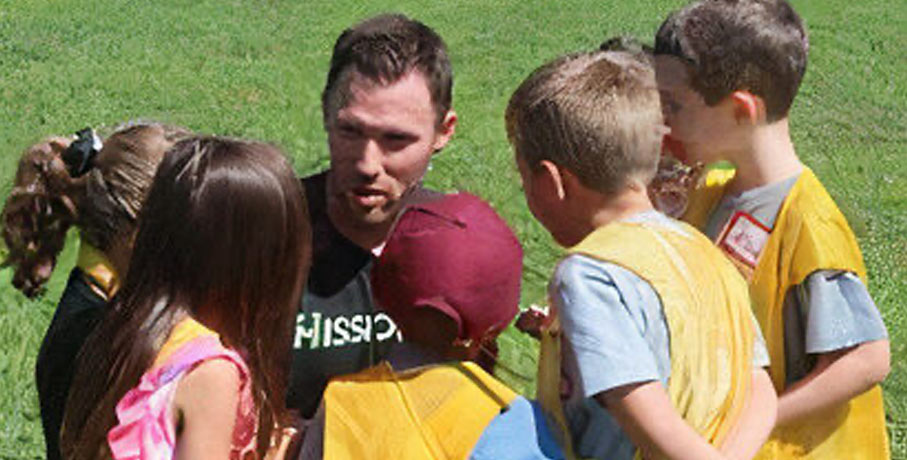Your team needs to score to win the game. But, there are plenty of ways to contribute before the ball goes through the hoop. Only one person makes the basket on each possession, but that’s the end result of several smaller steps. Which one will you do?
1. Passing:
The ball moves faster than the defense can run. One of my favorite drills is monkey-in-the-middle. It works on many facets of the game. One skill is teaching players to scan the court and anticipate where they’ll throw it. More common in soccer, peripheral vision needs to be nurtured in younger players. But, the primary areas of focus here are pivoting, pump faking, and making quick decisions.
The player who can see which teammates are open before they catch it can set up everyone else with a quick pass to get them an easy shot.
2. Rebounding:
There’s an old adage amongst coaches that rebounding wins championships. Hard to argue with. If we were playing monopoly and I said to you, “I get 20 more turns than you do.” What chance do you have to beat me? When you allow the other team to get offensive rebounds, they get more chances to shoot. We don’t keep stats in youth games. If we did, that would be one of the key areas to focus on. Whoever won the game usually took more shots.
The player who can box out and grab rebounds helps to make sure their team will have more chances to score.
3. Talking & Listening:
The more talented players usually win. But, when a team works really well together they can compete with anyone. Basketball is a game with lots of problems to solve. Your coach usually has a plan. Listen up! Do they want you to play fast or slow? Where do they want your team to take shots from? Did you get back on defense? There are so many reasons to communicate, too. Imagine if you weren’t allowed to talk during games? And yet some teams barely say a word. Is the other team setting a screen? Who’s covering the person wide open under the basket? Where are we getting ice cream after?!
The players who talk and listen to their coach and teammates can solve more problems together throughout the game.
4. Focus & Hustle:
No matter what happens on one side of the court you need to race down to the other end. When there is a loose ball you need to go after it like a labrador chasing a tennis ball! If you end up on the floor, there is no time to worry, get up, let’s go 🙂 Sounds like hard work, right? It is. If you are running around the gym ready to pounce you can always help your team. But, to leap into action, first you must be focused. Where is the ball? Where is the person you are guarding?
The player with focus who works hard makes things happen in the game.
5. High Fives
It’s amazing how much our mood can affect our performance. And it’s also surprising how much you can help your teammates keep their confidence. When your teammate makes a mistake they need you! Run over and give them a high five. “It’s okay, next play!” When they do something awesome, run over and give them a high five. “You rock!” Check out this research about Steve Nash and the impact of touch during a game.
The player who supports their team throughout the game helps keep everyone happy, loose, and confident.
At We Not Me camps and leagues we encourage everyone on the team to play a role. It’s not that everyone is the same and equal – but, every player can have a purpose and make an impact. How will you help your team?


